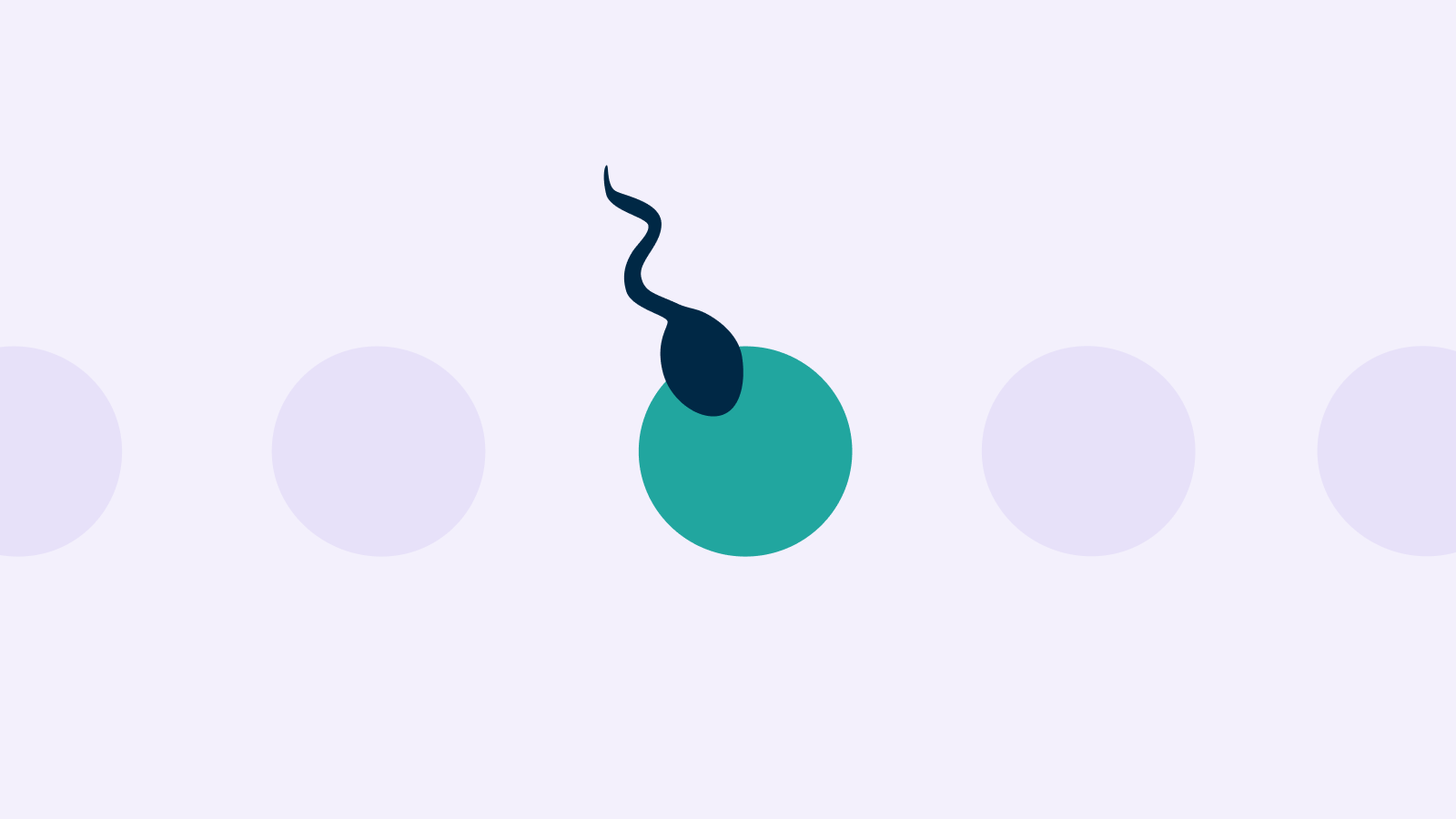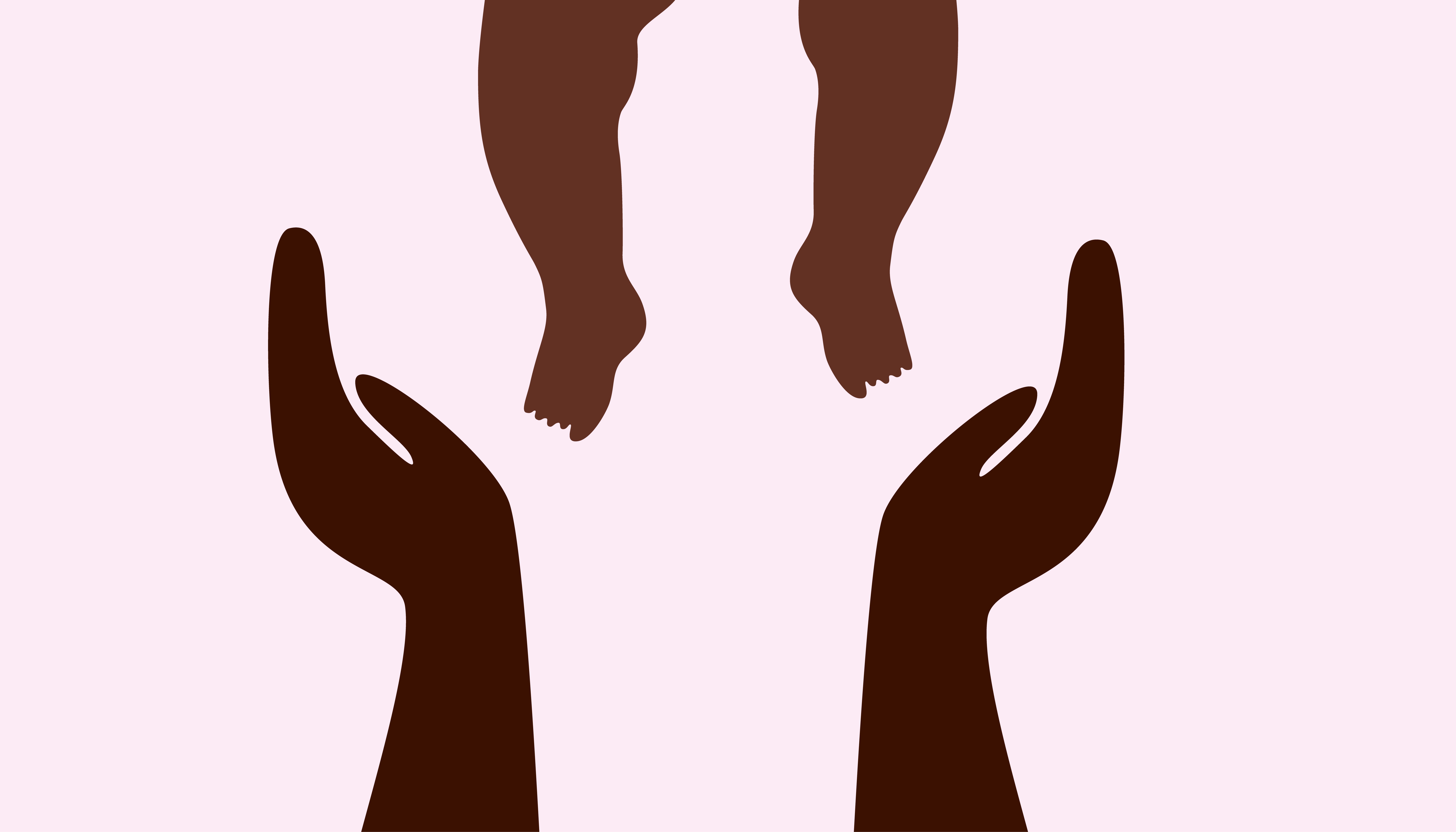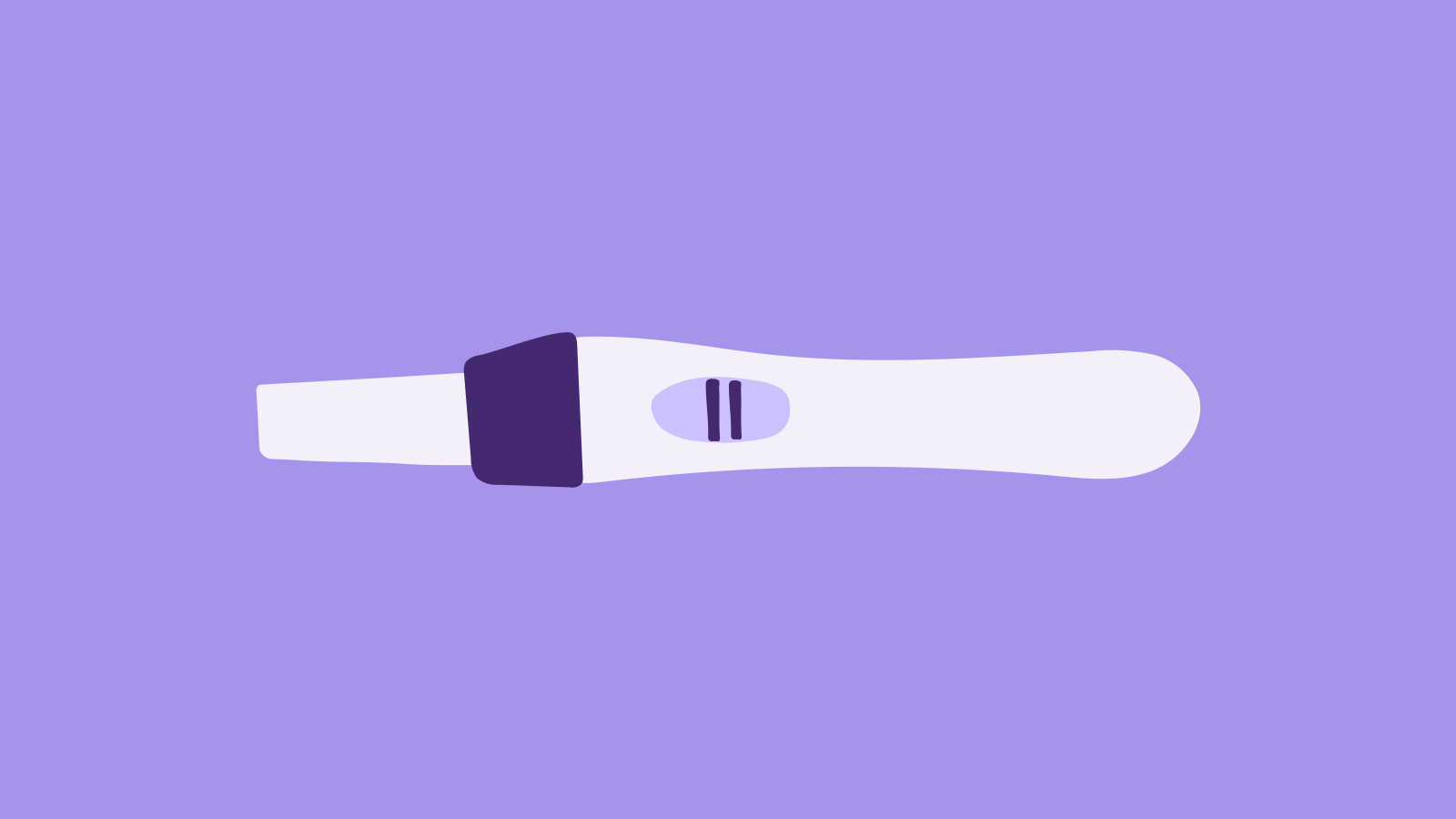Knowing when you’re most fertile can be helpful whether you’re trying to conceive or wanting to avoid pregnancy. A woman can only get pregnant on a few days during their menstrual cycle – this is known as the fertile window.
Tracking and understanding this window gives you an idea of when you’re most or least likely to get pregnant and it can also help you better understand your body.
Male fertility doesn’t change in the same way but, like women’s fertility, it decreases with age and is closely connected to sperm health.
What does fertility actually mean?
Fertility is your ability to conceive children. Around 80% of partners will get pregnant within a year if they have regular sex without contraception.
Both male and female fertility declines gradually with age. A woman’s fertility declines significantly from about the age of 37. Male fertility depends more on sperm count.
When am I most fertile and what is a ‘fertile window’?
Your fertile window is a select number of days during your cycle when you’re most likely to get pregnant. This window depends on the average length of your menstrual cycle – which varies a lot for different people – but is usually around the middle of your cycle.
Your fertile window is around the time of ovulation (when the egg is released from the ovary). The fertile window includes the 5 days before ovulation, the day of ovulation and the day after.
Sperm can survive for several days in the body, which is why your fertile window includes a few days before ovulation. Having unprotected sex during this time gives you the best chance of getting pregnant.
How many days am I fertile for each month?
Most people have around 5-7 fertile days each month. Outside this fertility window, your chances of getting pregnant are low.
How can I calculate my fertile window?
You can use an ovulation calculator, which works by inputting the date of the first day of your last period and your average cycle length.
It’s possible to track your fertile window using a period tracking app. Or you can buy an ovulation predictor kit from a pharmacy to track your changing hormone levels.
What’s the difference between ovulation and fertile days?
Ovulation is when your ovary releases an egg. This happens around 10-16 days before your next period starts, although everyone’s cycle is individual.
Fertile days are the days during your menstrual cycle when you have the ability to become pregnant if you have unprotected sex. The day you ovulate is one of your fertile days.
What are the common ovulation symptoms?
There are some common symptoms that can help you tell when you’re ovulating.
Cervical mucus – you might notice wetter or more slippery mucus around your time of ovulation.
Body temperature – your body temperature rises slightly just after ovulation, which you may be able to detect with a thermometer. This is how some natural family planning contraceptives work.
Breast tenderness or mild cramps – some women may experience these symptoms when ovulating but they’re not a reliable way of predicting ovulation.
Can you get pregnant on your period?
Getting pregnant on your period is very unlikely. This is because you can’t ovulate during your period, and it’s around your ovulation time that you’re most fertile.
While women aren’t able to conceive during this time, sperm can survive within the body for up to 5 days, so depending on the length of your cycle, there’s still a small chance.
It’s also important to keep in mind that bleeding between periods is not uncommon. Bleeding or spotting for any reason other than a period won’t protect you from pregnancy.
If in doubt or you’re trying to avoid getting pregnant, use a reliable contraceptive.
When should I speak to a doctor?
Speak to a doctor if:
- You’ve been trying to conceive for over a year and are concerned about fertility issues
- You think that you might be pregnant (taking a test is the best way to confirm this)
- You’re experiencing irregular or painful periods, or changes to your menstrual cycle
This article has been medically reviewed by Dr Elisabeth Rosén.


